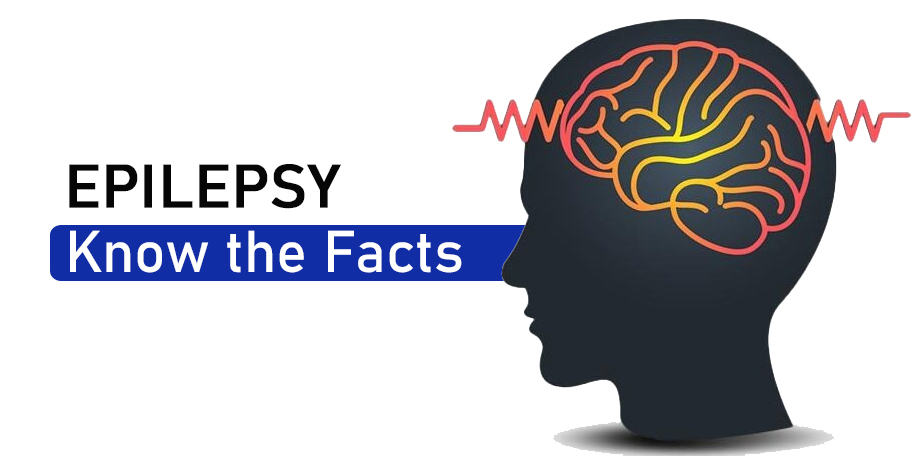Epilepsy is one
of the most common neurological disorders, affecting millions of people
worldwide. Despite its prevalence, there are many misconceptions about this
condition.
What is Epilepsy?
Epilepsy is a
neurological condition that causes recurrent seizures due to abnormal
electrical activity in the brain. Seizures can vary in intensity and type,
affecting people differently. Some may experience brief moments of staring or
confusion, while others might have convulsions or loss of consciousness.
Key Facts About Epilepsy
Affects People of All Ages
Epilepsy does not
discriminate it can affect individuals at any stage of life, from newborns to
older adults.
✅ Not
All Seizures Mean Epilepsy
Having a seizure
does not automatically indicate epilepsy. Seizures can be triggered by factors
like high fever, infections, head injuries, or metabolic disorders.
✅ Can
Be Managed with Medication & Lifestyle Changes
While epilepsy is
a lifelong condition for many, it can often be controlled with anti-seizure
medications, dietary changes, stress management, and adequate sleep.
✅ Epilepsy
is NOT Contagious
One of the
biggest myths about epilepsy is that it is contagious. This is false it is a
medical condition, not an infectious disease.
✅ Early
Diagnosis Helps in Better Treatment
Seeking medical
attention early can make a significant difference in managing epilepsy
effectively. Accurate diagnosis and timely treatment can help reduce seizure
frequency and improve overall well-being.
Living with
Epilepsy
With the right
support, medications, and lifestyle modifications, people with epilepsy can
lead full and active lives. If you or a loved one experiences seizures,
consulting a neurologist for a proper diagnosis and treatment plan is crucial.
Dr Varun Reddy
DM Neurology, AIIMS New Delhi
Senior Neurologist
WhatsApp message us : +91 73865 77796


.jpg)

